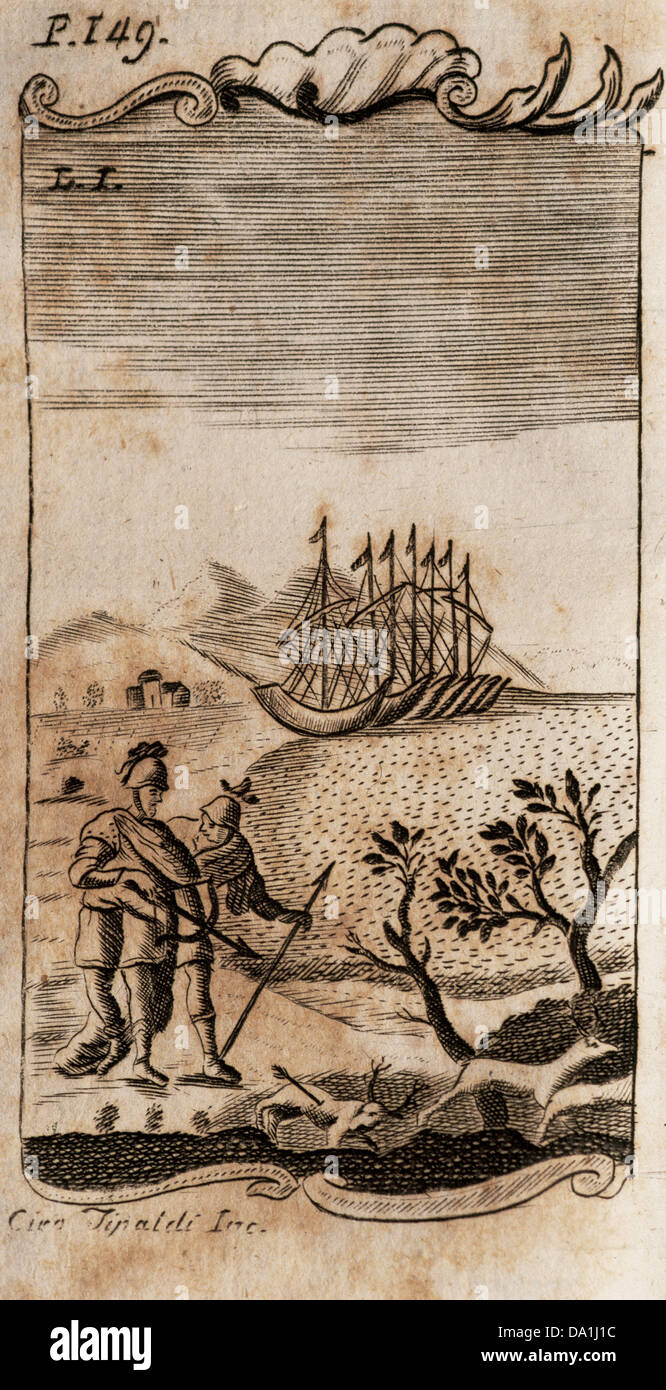
These forms are all exonyms as applied by the Greeks. The ethnonym Thracian comes from Ancient Greek Θρᾷξ (plural Θρᾷκες Thrāix, Thrāikes) or Θρᾴκιος ( Thrāikios Ionic: Θρηίκιος, Thrēikios), and the toponym Thrace comes from Θρᾴκη ( Thrāikē Ionic: Θρῄκη, Thrēikē).

The first historical record of the Thracians is found in the Iliad, where they are described as allies of the Trojans in the Trojan War against the Ancient Greeks. The study of the Thracians is known as Thracology. Among their customs was tattooing, common among both males and females. The Thracians made cultural interaction with the people surrounding them: Greeks, Persians, Scythians, Celts and later on Turks, but although they were indeed influenced by each of these cultures, this influence affected only the circles of the aristocratic elite, not Thracian culture as a whole. Thracians spoke the extinct Thracian language and shared a common culture. While the Thracians were perceived as unsophisticated by their contemporaries, they reportedly "had in fact a fairly advanced culture that was especially noted for its poetry and music." Some authors noted that even after the introduction of Latin they still kept their "barbarous" ways. The perceived primitiveness may be related to their living simple lives in open villages. Both Romans and Greeks called them barbarians since they were neither Romans nor Greeks, and to the perceived backwardness of their culture. Ancient descriptions of a vicious people are disputed and archaeology has been used since the mid-twentieth century in southern Bulgaria to identify more about them. Thracians were described as " warlike" and " barbarians" by the Greeks and Romans and were favored as mercenaries. The last reported use of a Thracian language was by monks in the sixth century AD. They composed major parts of rebellions against the Romans along with the Macedonians until the Third Macedonian War. The Thracians faced conquest by the Romans in the mid second century BC under whom they faced internal strife. The Odrysian kingdom lost independence to Macedonia in the late 4th century BC, and never regained total independence following Alexander the Great's death. Thracians experienced a short period of peace after the Persians were defeated by the Greeks in the Persian Wars. They faced subjugation by the Achaemenid Empire around the same time. They remained largely disunited, with their first permanent state being the Odrysian kingdom in the fifth century BC. Thracian culture was described as tribal by the Greeks and Romans. The proto-Thracian culture developed into the Dacian, Getae, and several other smaller Thracian cultures. The exact origin of Thracians is unknown, but it is believed that proto-Thracians descended from a purported mixture of Proto-Indo-Europeans and Early European Farmers, arriving from the rest of Asia and Africa through the Asia Minor (Anatolia). Writing in the sixth century BC, Xenophanes described Thracians as "blue-eyed and red-haired". Thracians resided mainly in the Balkans (mostly modern day Bulgaria, Romania, Turkey and Greece) but were also located in Anatolia (Asia Minor) and other locations in the southeast of Europe.

The Thracians ( / ˈ θ r eɪ ʃ ən z/ Ancient Greek: Θρᾷκες Thrāikes Latin: Thraci) were an Indo-European speaking people who inhabited large parts of Southeast Europe in ancient history. Bronze head of Seuthes III from his tomb.


 0 kommentar(er)
0 kommentar(er)
